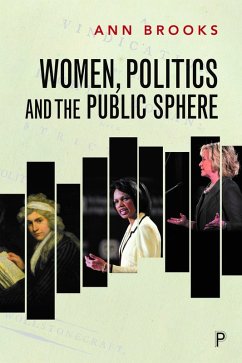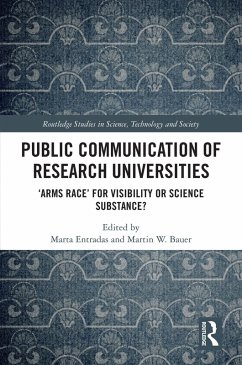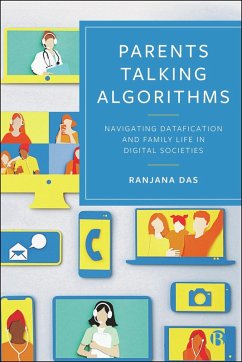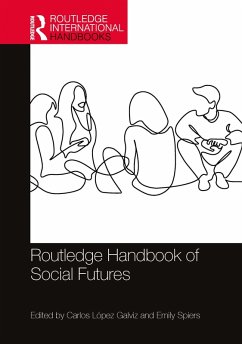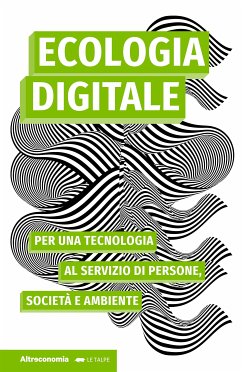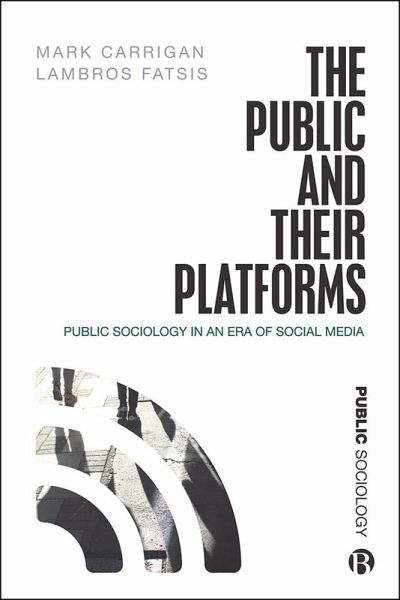
The Public and Their Platforms (eBook, ePUB)
Public Sociology in an Era of Social Media
Versandkostenfrei!
Sofort per Download lieferbar
0,00 €
inkl. MwSt.
Weitere Ausgaben:

PAYBACK Punkte
0 °P sammeln!
Available Open Access digitally under CC-BY-NC-ND licence. As social media is increasingly becoming a standard feature of sociological practice, this timely book rethinks the role of these mediums in public sociology and what they can contribute to the discipline in the post-COVID world. It reconsiders the history and current conceptualizations of what sociology is, and analyzes what kinds of social life emerge in and through the interactions between 'intellectuals', 'publics' and 'platforms' of communication. Cutting across multiple disciplines, this pioneering work envisions a new kind of pu...
Available Open Access digitally under CC-BY-NC-ND licence.
As social media is increasingly becoming a standard feature of sociological practice, this timely book rethinks the role of these mediums in public sociology and what they can contribute to the discipline in the post-COVID world.
It reconsiders the history and current conceptualizations of what sociology is, and analyzes what kinds of social life emerge in and through the interactions between 'intellectuals', 'publics' and 'platforms' of communication.
Cutting across multiple disciplines, this pioneering work envisions a new kind of public sociology that brings together the digital and the physical to create public spaces where critical scholarship and active civic engagement can meet in a mutually reinforcing way.
As social media is increasingly becoming a standard feature of sociological practice, this timely book rethinks the role of these mediums in public sociology and what they can contribute to the discipline in the post-COVID world.
It reconsiders the history and current conceptualizations of what sociology is, and analyzes what kinds of social life emerge in and through the interactions between 'intellectuals', 'publics' and 'platforms' of communication.
Cutting across multiple disciplines, this pioneering work envisions a new kind of public sociology that brings together the digital and the physical to create public spaces where critical scholarship and active civic engagement can meet in a mutually reinforcing way.
Dieser Download kann aus rechtlichen Gründen nur mit Rechnungsadresse in A, D ausgeliefert werden.




